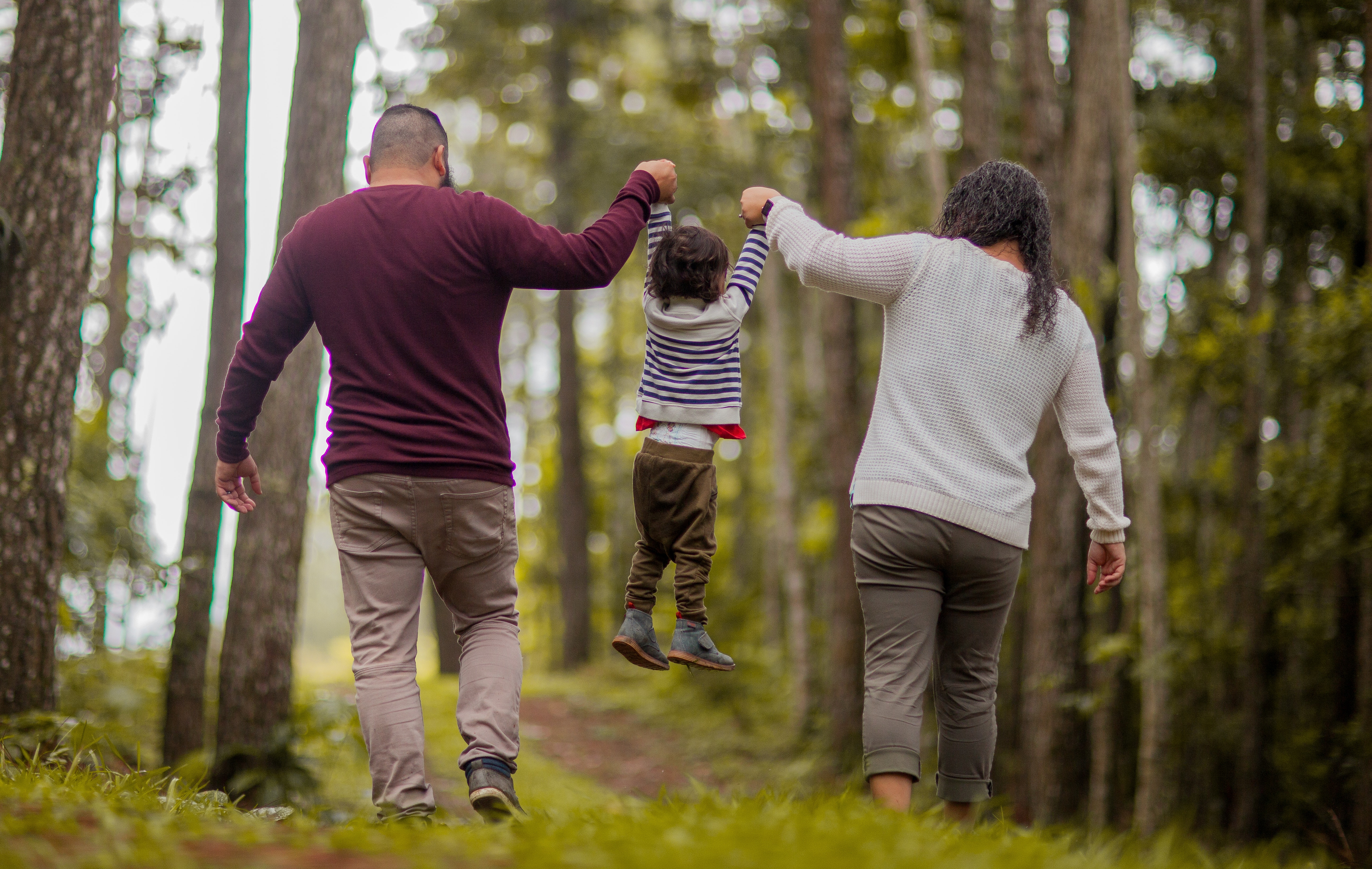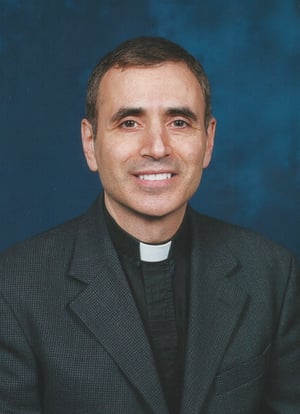
Rev. Mark A. Villano discusses the holistic Catholic view of the soul.
I think the subtitles of books can be just as interesting as the titles. The publisher of my book of Advent and Christmas reflections, Time To Get Ready, gave it the subtitle: A Reader to Wake Your Soul. I liked that, so when I wrote my next book of reflections, Journey to Jerusalem, I gave it the subtitle: Steps on the Road to Your Soul. I’ve got a “Soul” thing going on!
Soul is one of those words we intuitively grasp but may not have thought much about. The soul is mysterious, unseen, ineffable. Yet, it’s the mystery of who we are, and so it must also be clear, seen, available. It’s here and now.
There’s a problem when someone thinks of the soul as a spiritual “something” that inhabits our body but is separate from it. That’s an idea from certain Greek philosophers that creates a soul-body or mind-body dualism. This appears in some modern philosophers, too, who took a “ghost in the machine” view of ourselves. The Christian way of looking at who we are is not dualistic, but holistic. The catechism speaks of the “unity of soul and body” (CCC 362-368). As someone put it: we are enspirited flesh, or enfleshed spirit.
Even though “spirituality” is a popular word these days, I notice that the college students I teach often think of the spiritual as some other layer of reality “out there.” It may be important, but they are not sure how it relates to “real life.” So I tell them that the spiritual is what’s most real in your life. It’s the depth dimension of your life, that deep life in you that is made in God’s image. Someone told me once, “I don’t have a soul, I am a soul.” I think that’s what she was getting at. Your soul is the real you. Your soul gives you a human identity, allows you to reason, and empowers you to love.
Sometimes we use expressions like “caring for the soul,” or “feeding the soul.” There are traditions and practices that challenge us to move beyond the superficial, or to turn away from those things that make us less human. They help us to become more aware of ourselves and to savor what is most true and meaningful in life. They help us connect to God and to others. Prayer, of course, is an obvious example. When we touch base with our souls, we become more fully alive. The deep life within us flows from us into our actions, and into our world.
Because love is the life of the soul, feeding our souls is both a personal and communal affair. We can nourish our souls through things that we think of as spiritual activities: celebrating the sacraments, coming together as a community to learn more about our faith, taking time for private prayer, or reading scripture. But no less spiritual are the daily tasks and challenges we face with family and friends, or the creative pursuits, leisure, or meaningful work we engage in.

Our day becomes more soulful as we bring our true selves to it all. #catholicmom
Our day becomes more soulful as we bring our true selves to it all: the special and the mundane, the serious and the silly. Our awareness of God’s presence with us can then be deepened. If you want to take a walk in the beauty of nature, take it with the Lord. It becomes more than a walk; it becomes prayer. If you are dealing with a tough situation in a relationship, try to see Christ in the other person, or try to imagine how Jesus would handle it. You might see a better way forward. You might take another “step” on the road to your soul.
Ultimately, we must entrust our souls, our true selves, to the Lord, our creator and redeemer. God breathed into the clay of the earth and we were created (Genesis 2:7). We matter, and we are saved, body and soul. And as the soul lives on after death, it will one day be reunited with a resurrected body. This gift of God, here and now, and in the life to come, gives “rest” (Matthew 11:29) to our souls!
Copyright 2020 Rev. Mark A. Villano
Images (top to bottom): Jonas Ferlin (2019), Pexels; Caleb Oquendo (2019), Pexels
 About the author: Rev. Mark A. Villano is a Campus Minister at the University Catholic Center at UCLA. Learn more about his latest book, Journey to Jerusalem: Steps on the Road to Your Soul.
About the author: Rev. Mark A. Villano is a Campus Minister at the University Catholic Center at UCLA. Learn more about his latest book, Journey to Jerusalem: Steps on the Road to Your Soul.
About the Author

Guest
We welcome guest contributors who graciously volunteer their writing for our readers. Please support our guest writers by visiting their sites, purchasing their work, and leaving comments to thank them for sharing their gifts here on CatholicMom.com. To inquire about serving as a guest contributor, contact editor@CatholicMom.com.


.png?width=1806&height=731&name=CatholicMom_hcfm_logo1_pos_871c_2728c%20(002).png)
Comments